Latest Posts
What is the safest place to store sensitive information? A list of common data storage solutions
People’s desire for data security in electronic items is gradually increasing as science and technology continue to advance. Data storage technologies are continually being upgraded and diversified, from the floppy disk in the 1990s to the CD-ROM in the XP era. So, where should we save our personal information today? I, Miss lee, will assess the situation here.
Common data storage technologies include internal/external hard drives, NAS, disk arrays, USB drive, optical disks, etc.
1.Internal mechanical hard drives
- Capacity of data storage: a single hard disk 1TB-18TB
- Data transfer performance: 130-170MB/s(5400rpm)180-280MB/s(7200rpm)
- Data stability:8 points
- Data security:9 points
- Data retention period:10-15 years
Advantages: large capacity, low cost, high stability, long storage life, and fast data recovery
Disadvantages: inability to carry it at any time and the possibility of malfunction.
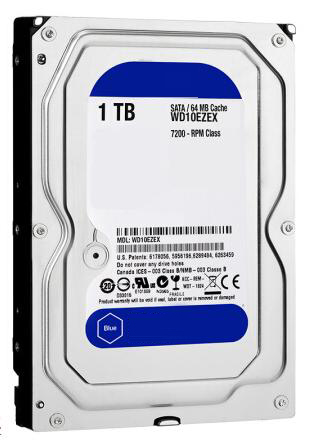
An internal mechanical hard drive (a picture from the Internet)
Many individuals prefer to keep backups on a built-in mechanical hard drive, often known as a computer’s mechanical hard disk. When we back up data on a computer, we normally save it to the built-in HDD.
When backing up significant data, enterprise-class hard drives or data center hard drives are advised.
2.Built-in solid state drives
- Capacity of data storage: a single hard disk 120GB-4TB
- Data transfer performance: 400-560MB/s(SATA); 1200-7000MB/s(M.2 or U.2)
- Data stability:7 points
- Data security:9 points
- Data retention period:5-10 years
Advantages: fast speed and consistent data
Disadvantages: high cost, high failure rate, and a shorter lifespan than mechanical hard disks.
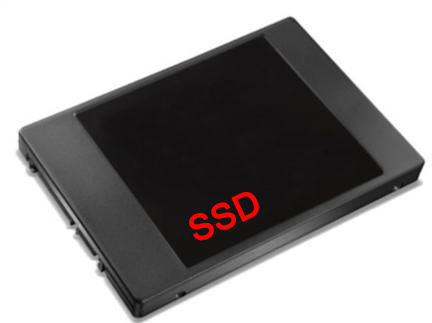
A built-in solid state drive(a picture from the Internet)
Solid State Drives (SSDs) are a new-age product that come pre-installed in nearly all brand-name PCs and almost all DIY computers. Solid-state drives store data on electronic chips, therefore they have a theoretical lifespan.
Putting vital data on the SSD, on the other hand, simply says that the data is not important enough. It is nearly impossible to recover data from a solid-state disk once it has been damaged.
3.Mobile mechanical hard disks/desktop hard disks
- Capacity of data storage: 1TB-5TB (mobile hard disk); 4TB-18TB (desktop hard disk)
- Data transfer performance: 85-140MB/s (mobile hard disk); 130-190MB/s (desktop hard disk)
- Data stability:7 points
- Data security:7 points
- Data retention period:5-10 years
Advantages: Portable, able to transfer data at any time, low cost.
Disadvantages: large size, easy to damage when accidentally dropped
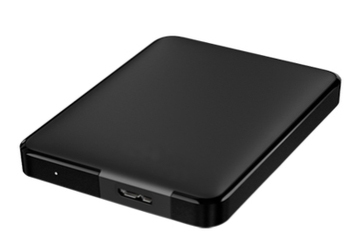
Mobile mechanical hard disk(a picture from the Internet)
For business people and photographers, a mobile hard disk is a must-have equipment. It has the ability to not only store but also transfer data at any time. The desktop hard disk is essentially a huge transportable hard drive that needs its own DC 12V power supply. A 3.5-inch mechanical hard drive, which has a bigger capacity, is commonly fitted into desktop hard drives. In situations when portability is not a concern, a mobile hard drive should be used instead of an unreliable regular thumb drive.
4.Mobile solid state drives
- Capacity of data storage: 120GB-2TB
- Data transfer performance: more than 300MB/s and no more than 4000MB/s
- Data stability:7 points
- Data security:7 points
- Data retention period:5-10 years
Advantages: quicker than regular transportable hard disks, and not susceptible to shocks and falls.
Disadvantages: poor data stability and durability
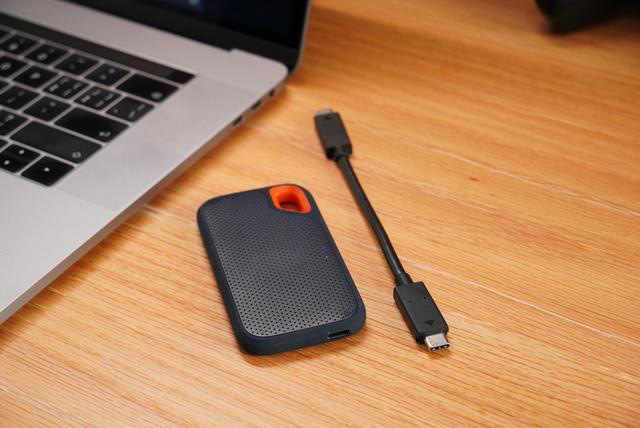
A mobile solid state drive(a picture from the Internet)
Mobile solid-state drives have emerged as a result of the solid-state drive explosion. Mobile solid-state drives are faster, smaller, and more portable than typical mechanical hard drives.
5.Disk array
- Capacity of data storage: 4TB-90TB (individual); 16TB-TB (enterprise)
- Data transfer performance: depends on array type
- Data stability:6.5-10 points (depends on array type)
- Data security:9 points
- Data retention period:10-20 years
Advantages: large storage capacity, fast speed, and great security
Disadvantages: inconvenient to move, no Internet connection
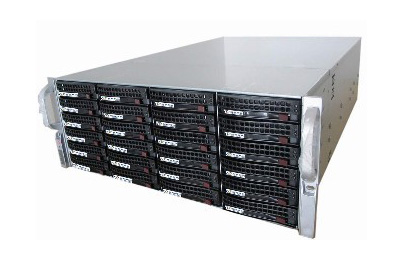
An enterprise-class 24-bay disk array(a picture from the Internet)
A disk array is the best option if you need to store a huge number of files, such as 4K movies or RAW photography images, and have much need for security. Because the disk array has no controller, it can only be used when linked to a computer.
See my next article for further information on the various principles and characteristics of various disk arrays.
6.NAS (network attached storage)
- Capacity of data storage: 2TB-72TB (individual); TB-TB (enterprise)
- Data transfer performance: about 10MB/s (100M); 110MB/s (gigabit); no more than 1200MB/s (10 gigabit)
- Data stability:6.5-10 points
- Data security:8 points
- Data retention period:10-20 years
Advantages: large storage capacity, and easy connection to devices
Disadvantages: speed too slow compared to the hard disk speed
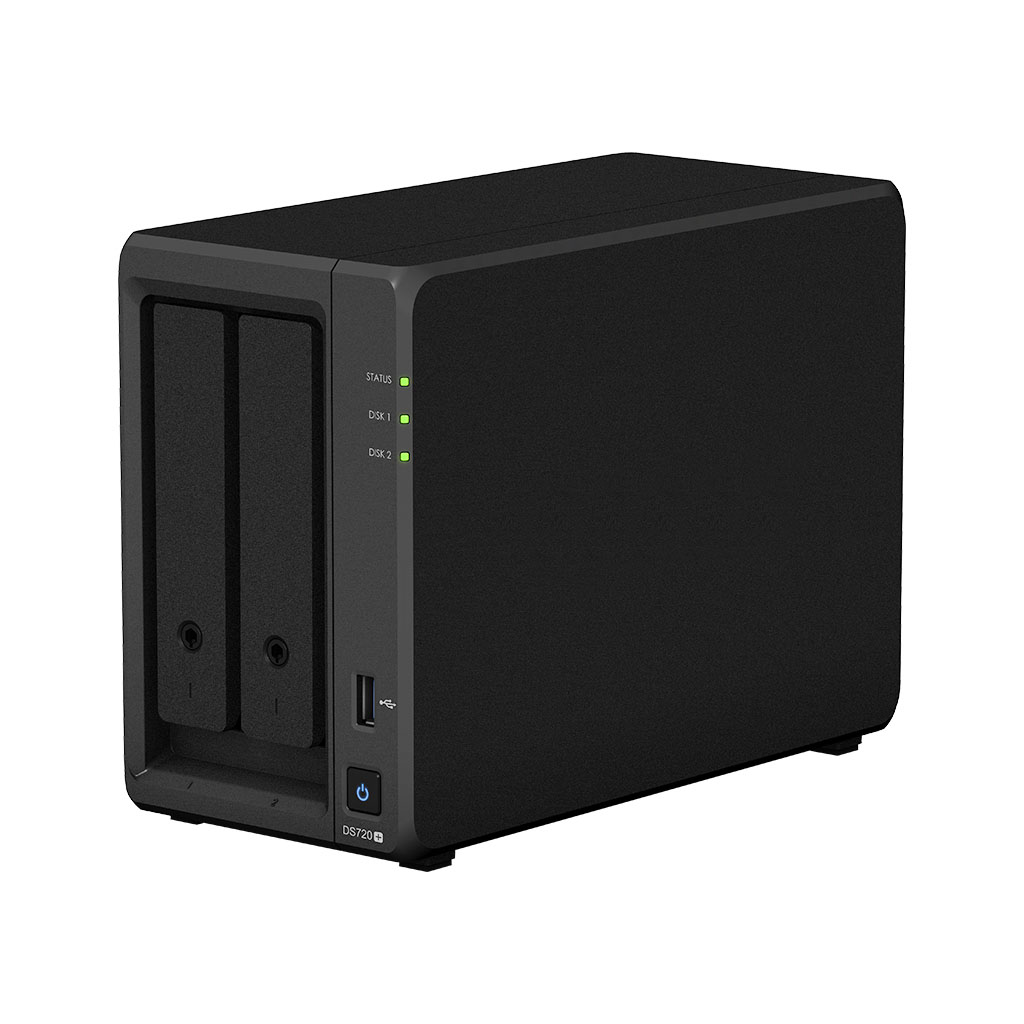
Synology 2-bay NAS (a picture from the Internet)
NAS storage, unlike disk arrays, has the ability to connect to the internet. At the same time, the NAS host has a built-in CPU, RAM, and other components that are comparable to those found in a computer. You can use your phone or another internet-connected device to access the data on the NAS.
NAS storage, on the other hand, can be infected by viruses because it can be networked.
7.Compact disk (CD)
- Capacity of data storage: 4.7GB-17GB (DVD); 25GB-128GB (BD)
- Data transfer performance: 11-18MB/s (DVD); 30-48MB/s (BD)
- Data stability:9 points
- Data security:10 points
- Data retention period:more than 10 years
Advantages: Data can be stored for a long time with proper storage.
Disadvantages: Smaller capacity, less portable
.jpg)
A compact disk (CD)(a picture from the Internet)
Compact discs are a generally safe way to store data, and they can be utilized in situations when strong security is required.
When saving the disc, take care not to scratch it and avoid putting heavy things on it.
Don’t bother asking me why I do not own a CD. The storage capacity of CDs is too small to be useful.
8.USB thumb drive
- Capacity of data storage: 16GB-1TB
- Data transfer performance: 20-45MB/s (USB2.0); 60-150MB/s (USB3.0)
- Data stability:5 points
- Data security:7 points
- Data retention period:3-7 years
Advantages: Small and convenient, it can be taken anywhere at any time, and it is inexpensive.
Disadvantages: Average performance, erratic data, and a brief lifespan
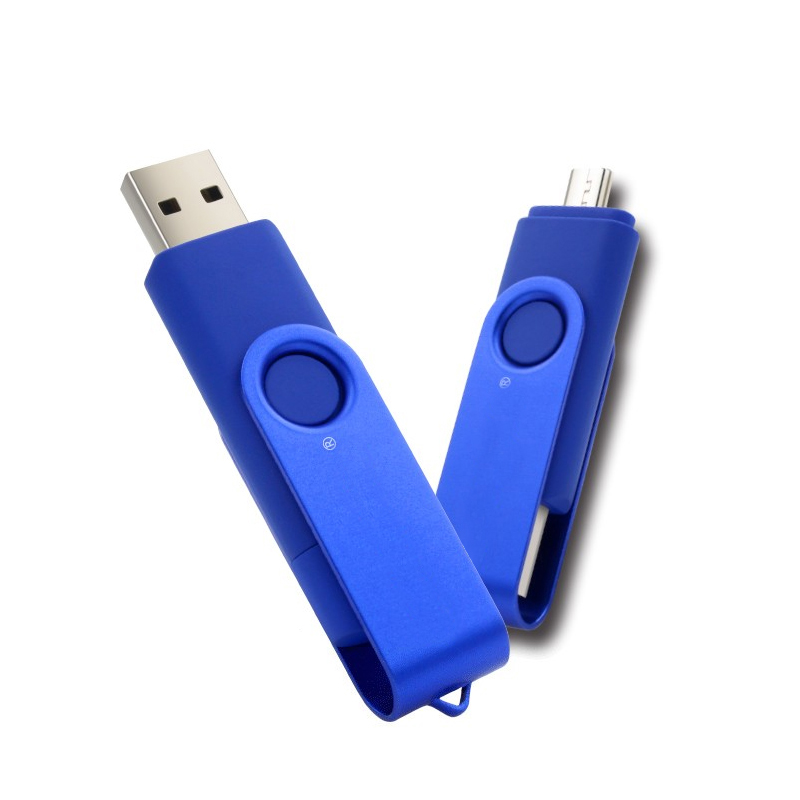
An ordinary thumb drive (a picture from the Internet)
USB drive are almost universally used for file storage, and practically everyone owns several of them. However, using thumb drive to store data for an extended period of time is clearly not a sensible decision. The thumb drive can only be used to save files temporarily.
9.Storage cards
- Capacity of data storage: 16GB-1TB
- Data transfer performance: 15-90MB/s (UHS-1); 70-260MB/s
- Data stability:5 points
- Data security:7 points
- Data retention period:3-7 years
Advantages: Small and handy, it’s ideal for portable devices like phones and cameras.
Disadvantages: Data stability is poor, while performance is average.
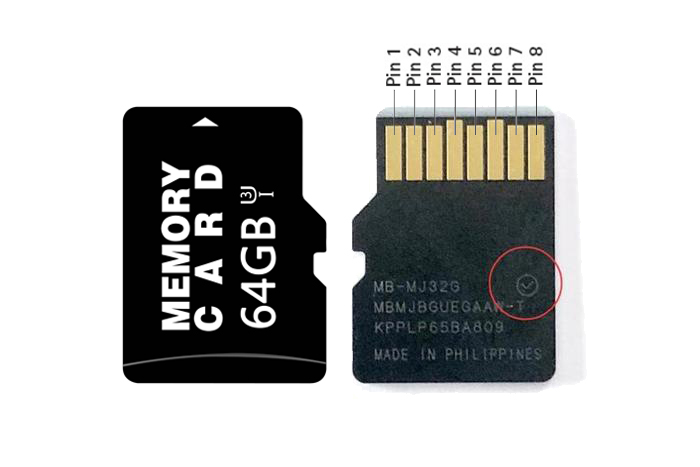
Micro sd storage card(a picture from the Internet)
Storage cards are similar to USB drives in terms of features, and they are commonly used in mobile phones, cameras, and tiny computers.
Because the data recorded on the storage card is easily damaged, you should transfer the photos from the camera’s memory card to the computer as soon as possible after taking them.
10.Net disk
- Capacity of data storage: 5GB-2TB
- Data transfer performance: 100KB/s (Baidu Net Disk)
- Data stability:7-8 points
- Data security:5 points
- Data retention period:not sure
Advantages: Read and write data at any time
Disadvantages: Privacy concerns, data insecure
The net disk’s data is all stored on the network, so you may access it from anywhere as long as you log in to the network disk account.
Using a net disk to store data could expose your personal information, and the network disk itself could be compromised.

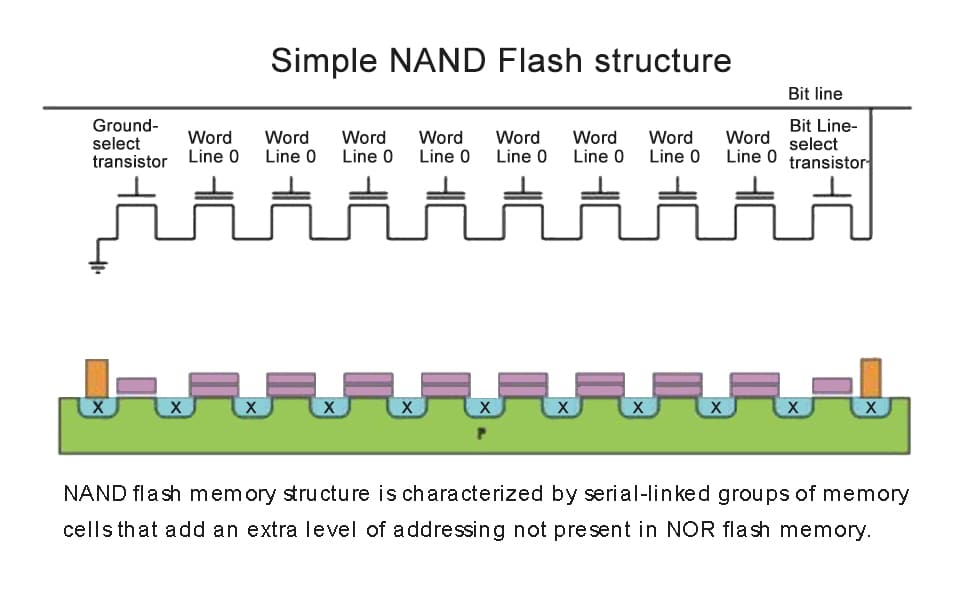
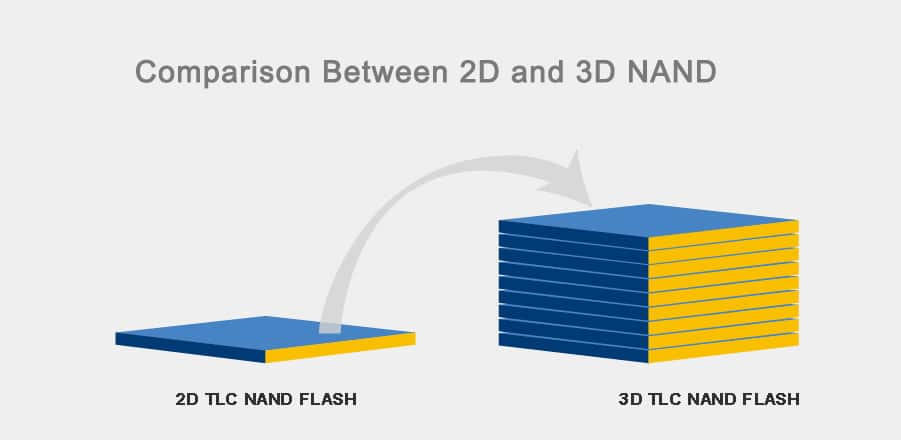
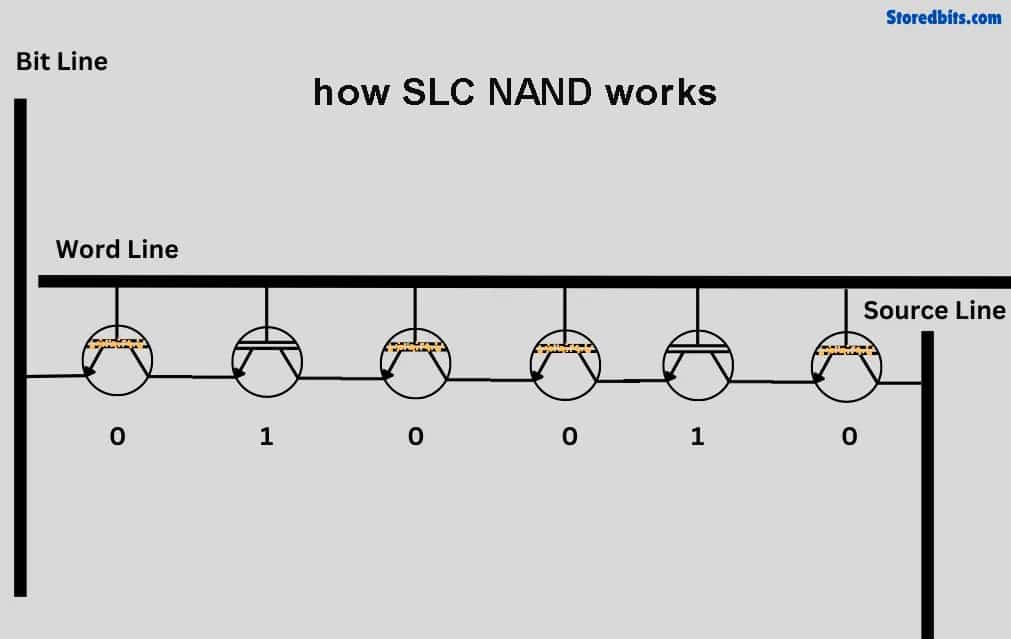
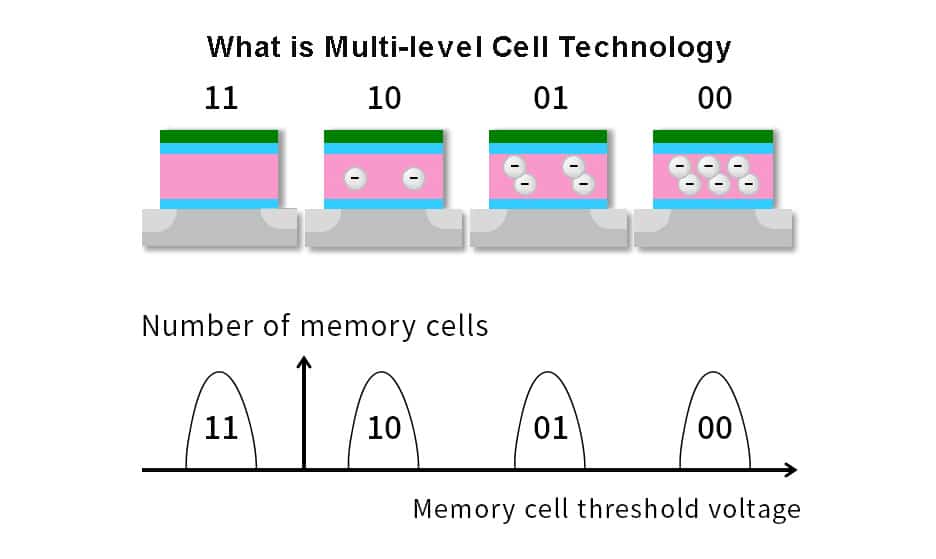
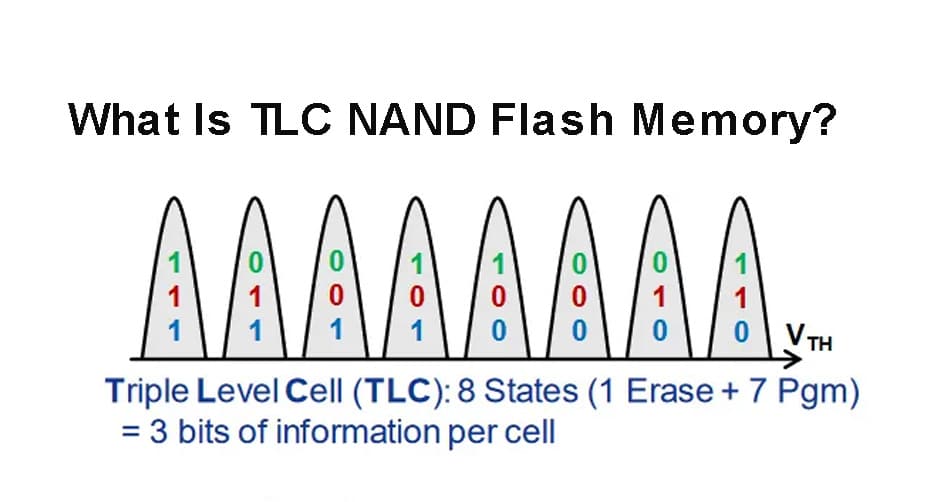
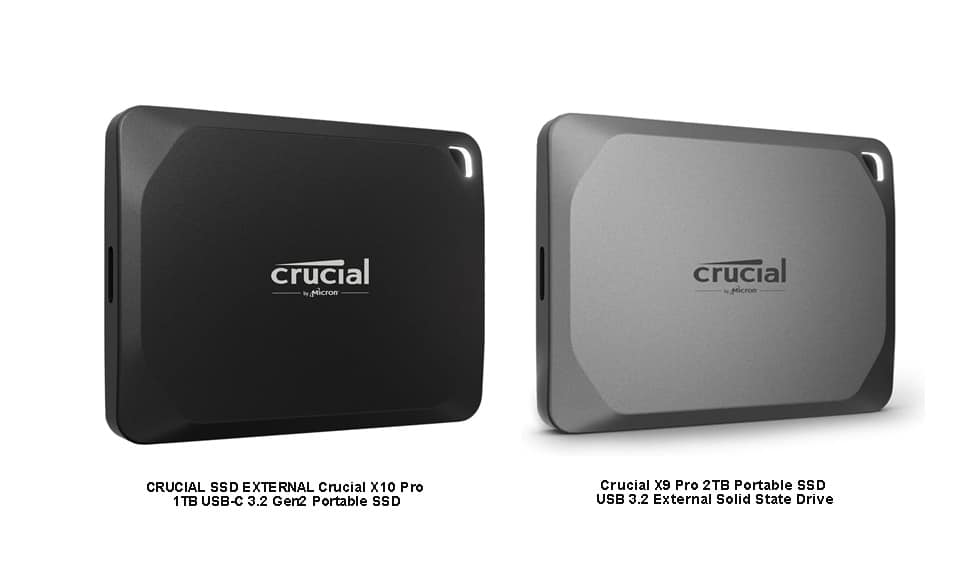
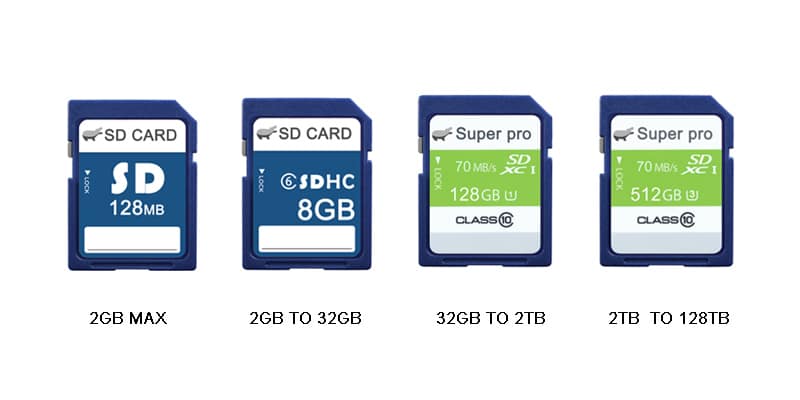
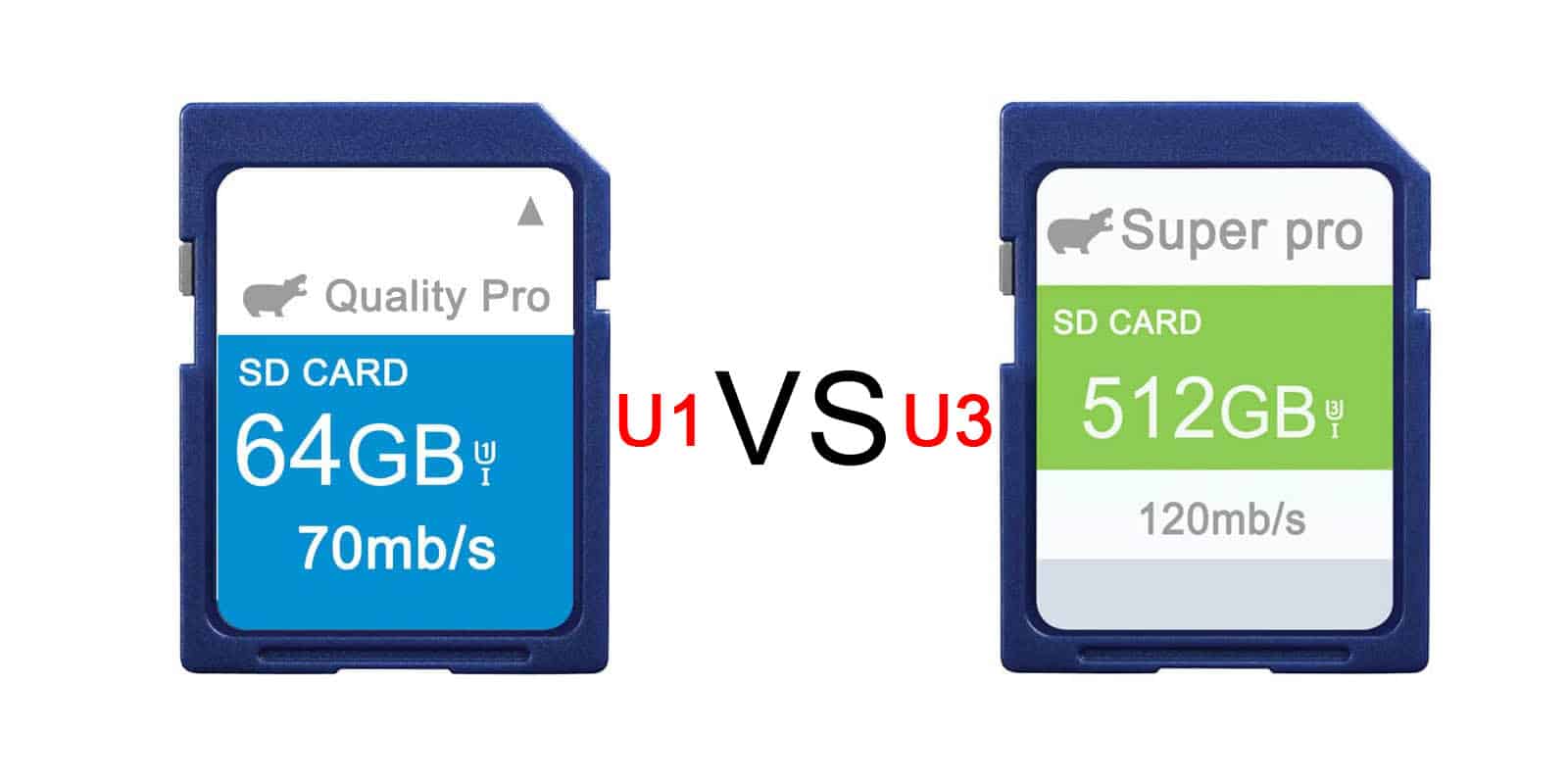
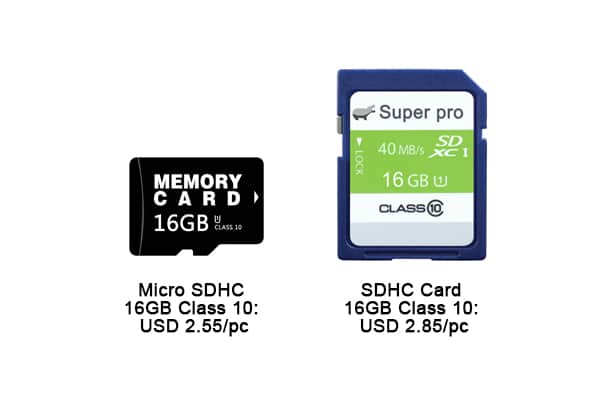
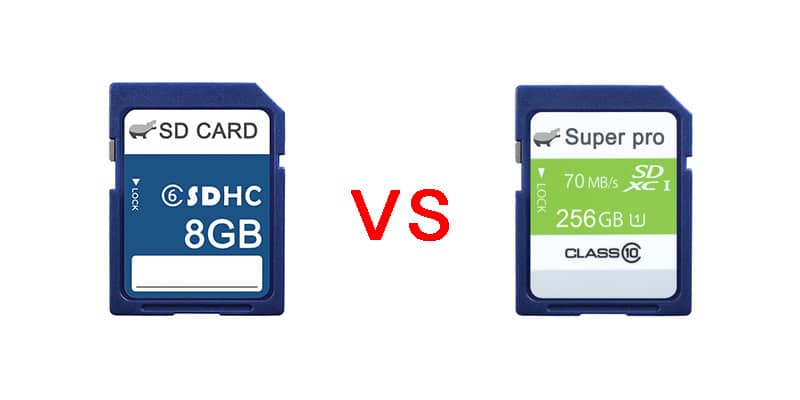
Leave a comment